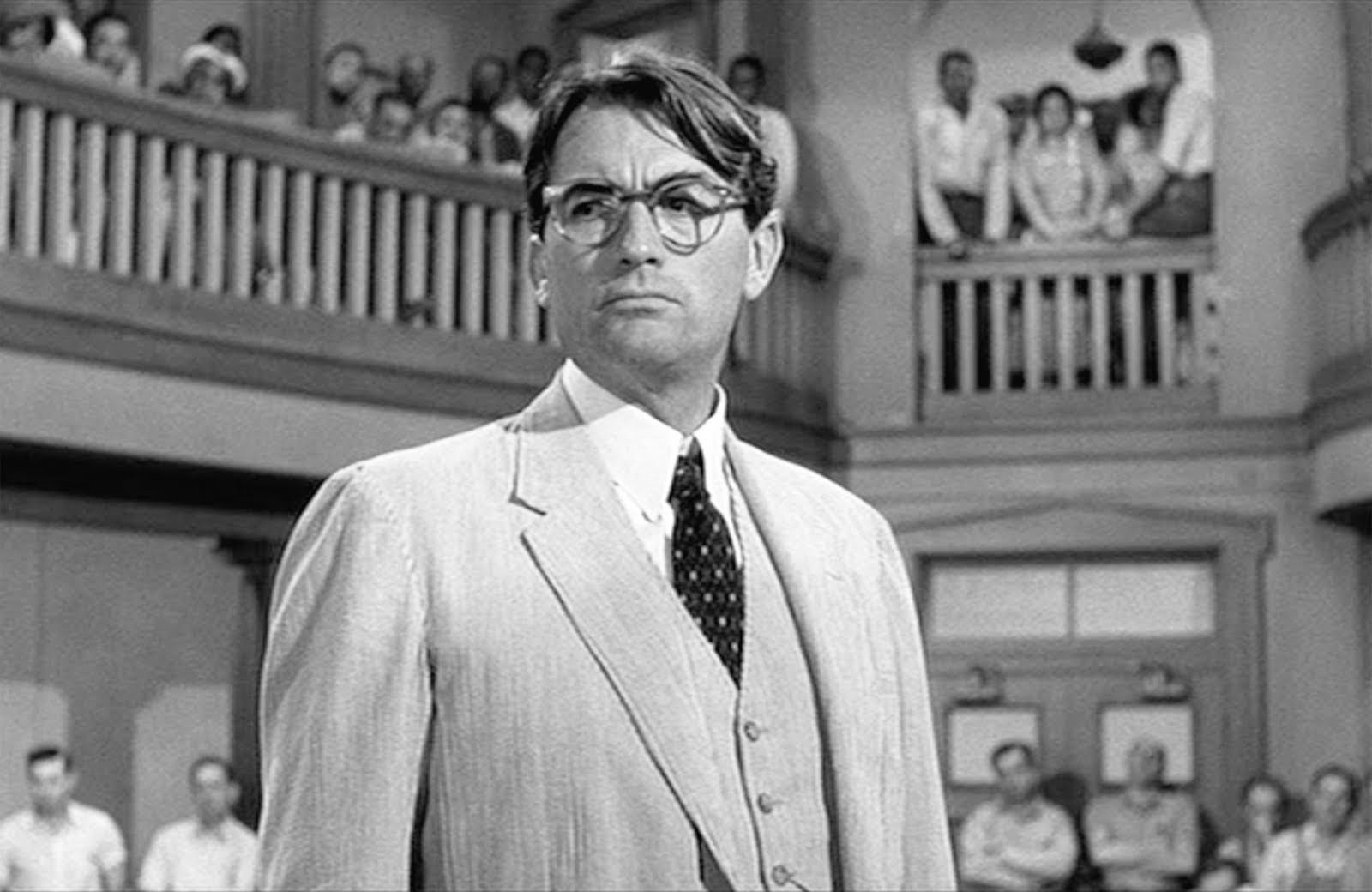Every contemporary American issue is voiced in Ted 2: court systems, civil rights, stereotyping, freedom of speech, social media, the entertainment industry, gender roles, greedy capitalism, and so on. The list is endless. It is a louder film than its predecessor, filled with blunt jokes and scathing critiques of modern American society, and while it doesn’t shove its concerns down our throats, it presents them with the crude confidence of a stand-up comedian, brave enough to venture into a sea of bigots. For some it’s just a good laugh. It certainly is that. Seth Macfarlane, the film’s writer, director and lead voice actor, has dominated the American entertainment industry for over a decade with his hit TV show Family Guy, and has now begun constructing films that, although outrageously funny, speak a serious moral voice.
I don’t know what Seth Macfarlane’s intentions were for this film, perhaps I’m 0verthinking it. But I can’t help but think on the endless bits of dialogue regarding current social and political issues that stick with me after the credits have rolled. The film is certainly relevant. In a day and age surrounded by violence and civil unrest, it’s hard not to compare the film’s story to current events and see it as a work of protest.
The first film introduced us to John and Ted, two lifelong buddies living in Boston who just want to have fun. John (Mark Wahlberg), is a charming hunk struggling to normalize his love life. Ted, his talking teddy bear, prevents this from happening. The first Ted felt like an extended Family Guy episode with cutaways and sporadic dance numbers. The sequel is different. While it retains the humor of the first film, it contains a conflict that is much larger. Ted and his new wife, Tami-Lynn, wish to adopt a child, but legal loopholes renounce his humanity and label him as property. Ted sues the American court system, and must prove his person-hood in a court of law.

Several moments feel like MacFarlane is preaching to the crowd. One that comes to mind the first trial, where Ted angrily berates American intolerance and bigotry. “This is the same thing you’re doing to the homos” he screams. “I want my rights!” Ted quickly loses the case, partly because of his erratic behavior, but also because of the defense’s charismatic lawyer. This scene spoofs the court system with how attempts to organize and rationalize human behaviors and feelings appear unjust. Ted, a crude but undeniably human character, is anything but civilized, and contrasts the intellectuals and high hats that run the show. He is the moral conscience yelling at America for disregarding his pleas as a “choice,” or a simple minority problem.
Amanda Seyfried’s opening statement is important. She expresses nervousness, not for inexperience as a lawyer, but because for fear or injustice. She compares Ted’s trial to Dred Scott vs. Sanford, an 1857 case where a black slave sued the court for treating him as property and not a person. Seyfried’s character tells the jury to not be a footnote in the pages of history, a mistake that will go unseen for years. Could she really be addressing the dozens of closed-minded Americans unwilling to let go of imprinted prejudices and holy traditions?
Another scene that sticks with me is the one where Ted and John heckle an actor during “Improv Night” at a theatre. When the actor calls for a place to set his scene Ted and John shout obnoxiously, “9/11!” They later scream, “Robin Williams and Bill Cosby,” when a name is called for. Other sensitive contemporary subjects are thrown out there, while the rest of the audience remains dead quiet. This scene shows the tight lipped of America, brushing away lewd subjects or pretending they don’t exist. They do exist, and MacFarlane is here to ensure these things are thought upon.
The finale with Morgan Freeman also says a lot. As the film’s Deus ex Machina and leading Civil Rights Defense Attorney, he delivers a speech reminiscent of Gregory Peck in To Kill a Mockingbird or Henry Fonda in 12 Angry Men. It isn’t as passionate or well written but it certainly holds blatant truth not enough people hear. Ted 2 is worth a watch for moments like this. It’s a film with writing we’ve read before, jokes that appear extraneous, and characters that will upset soccer Mom’s. But as a comedy it also throws so much our way that we’re able to sit back for two hours and laugh at ourselves. Hopefully, we can also understand ourselves. Is MacFarlane trying to play the Renoir/Altman card by bashing contemporary society? Probably not. But he’s using modern issues to flesh out a distinct human story. The genre is his excuse to throw in whatever topics he wants, and like a Chaplin film, beneath every trip and fall is a story of truth and tragedy.

Comments 1
“The world is a tragedy to those who feel, but a comedy to those who think.”
― Horace Walpole
Like him or not Seth McFarlene is very well informed and quite outspoken when it comes to American politics and social issues and very often he presents his views in his work. His creations serve as his voice and as they [his views] are sometimes subtle and at other time grotesquely obvious, there is meaning in all that he produces.